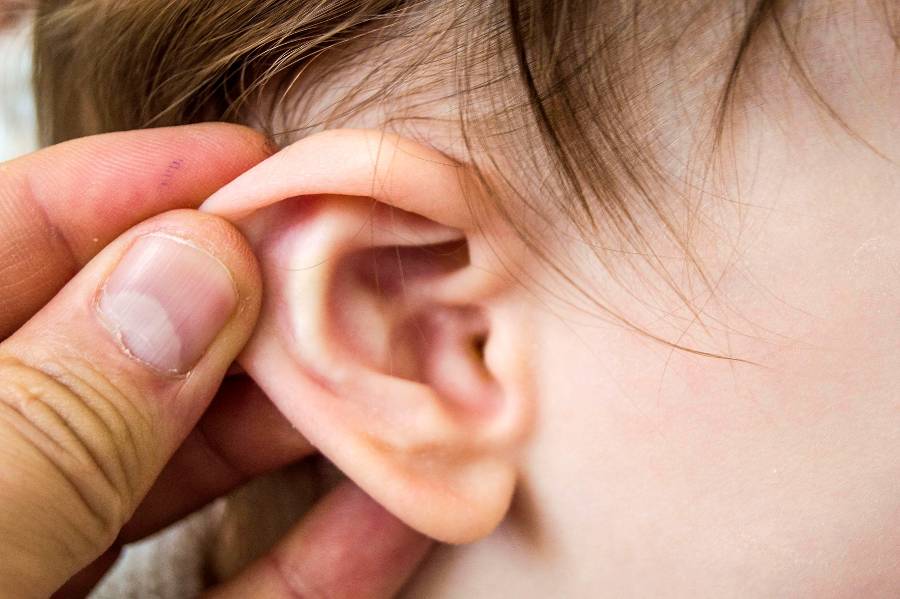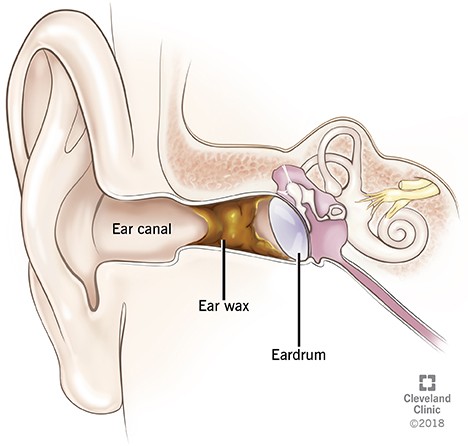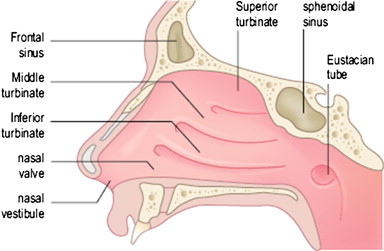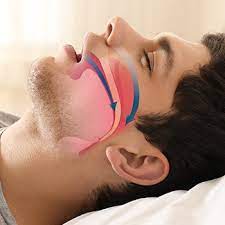There are many different types of ear nose throat disorders or conditions that otolaryngologists treat. Some common conditions include ear infections, allergies, sinus problems, dizziness, hearing loss, balance disorders, swallowing disorders, dizziness, voice disorders, snoring and sleep apnea.
Otolaryngologists also treat more complex conditions such as head and neck cancers, thyroid disorders, non-erosive reflux disease, and facial plastic surgery. When choosing an ENT specialist, it is important to consider their experience and training in treating the specific condition that you are seeking treatment for.
Common Ear Conditions that Otolaryngologists Treat

Otitis media (ear infection)
Otitis media is an infection of the middle ear. It is a common condition, particularly in children. The symptoms of otitis media include ear pain, fever, and feeling unwell. Treatment usually involves antibiotics to clear the infection.
Otitis externa (swimmer’s ear)
Otitis externa is an infection of the outer ear. It is also known as swimmer’s ear. The symptoms of otitis externa include ear pain, itching, and redness. Treatment usually involves ear drops to clear the infection.

Hearing loss
Hearing loss can be caused by a number of different conditions. It can be temporary or permanent, and can vary in severity. Hearing loss can be treated with hearing aids or cochlear implants.
Acoustic neuroma
Acoustic neuroma is a benign (non-cancerous) growth of the nerve that connects the ear to the brain. The symptoms of acoustic neuroma include hearing loss, tinnitus (ringing in the ears), and balance problems. Treatment usually involves surgery to remove the growth.
Balance disorders
The types of balance disorders include vestibular neuritis, benign paroxysmal positional vertigo (BPPV), labyrinthitis, and Ménière’s disease. The symptoms of balance disorders include dizziness, vertigo, and nausea.
Balance disorders can be caused by a number of different conditions, including ear infections, head injuries, stroke, and multiple sclerosis. Treatment usually involves medication to help control the symptoms. In some cases, vestibular rehabilitation therapy may also be recommended.
Earwax blockage
Earwax is a normal substance that helps to protect the ear. However, sometimes earwax can build up and block the ear canal. This can cause symptoms such as ear pain, itchiness, and hearing loss. Treatment usually involves the removal of the earwax by irrigation or microsuction.

Common Nose Conditions that Otolaryngologists Treat

Allergies
Allergies are a common condition that affects the nose. Allergies can be caused by a number of different substances, such as dust, pollen, or pet dander. The symptoms of allergies include a runny nose, sneezing, and congestion. Treatment usually involves avoidance of the trigger substance and the use of medication to control the symptoms. Diagnosis is usually made by skin prick testing or blood tests. Allergy testing can be performed by an allergist or an otolaryngologist.
Sinusitis
Sinusitis is an inflammation of the sinuses. The symptoms of sinusitis include a runny nose, congestion, headaches, and facial pain. Treatment usually involves the use of medication, such as antibiotics or corticosteroids. Surgery may also be required in some cases.

Nasal polyps
Nasal polyps are growths that occur in the nose. They can cause a number of symptoms, such as a runny nose, congestion, and a loss of smell. Treatment usually involves the use of medication, such as corticosteroids, or surgery.
